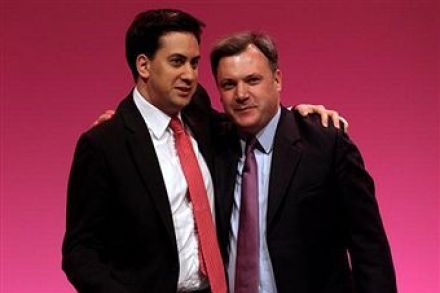Lords: government not championing European single market “strongly”
Tucked away in an old building, where few people knows of its existence, lives one of the most important parliamentary creatures – the House of Lords European Union Committee. Often ignored because it applies analysis to a debate where loudness is the main currency, it has produced a new report on the Single Market. The government would do well to read it. For pushing the Single Market should be what animates the Europe Directorate in the Foreign Office. The Single Market is the main reason for British membership of the EU and the committee implies that successive governments, including the Cameron administration, have dropped the ball in this area. As



















